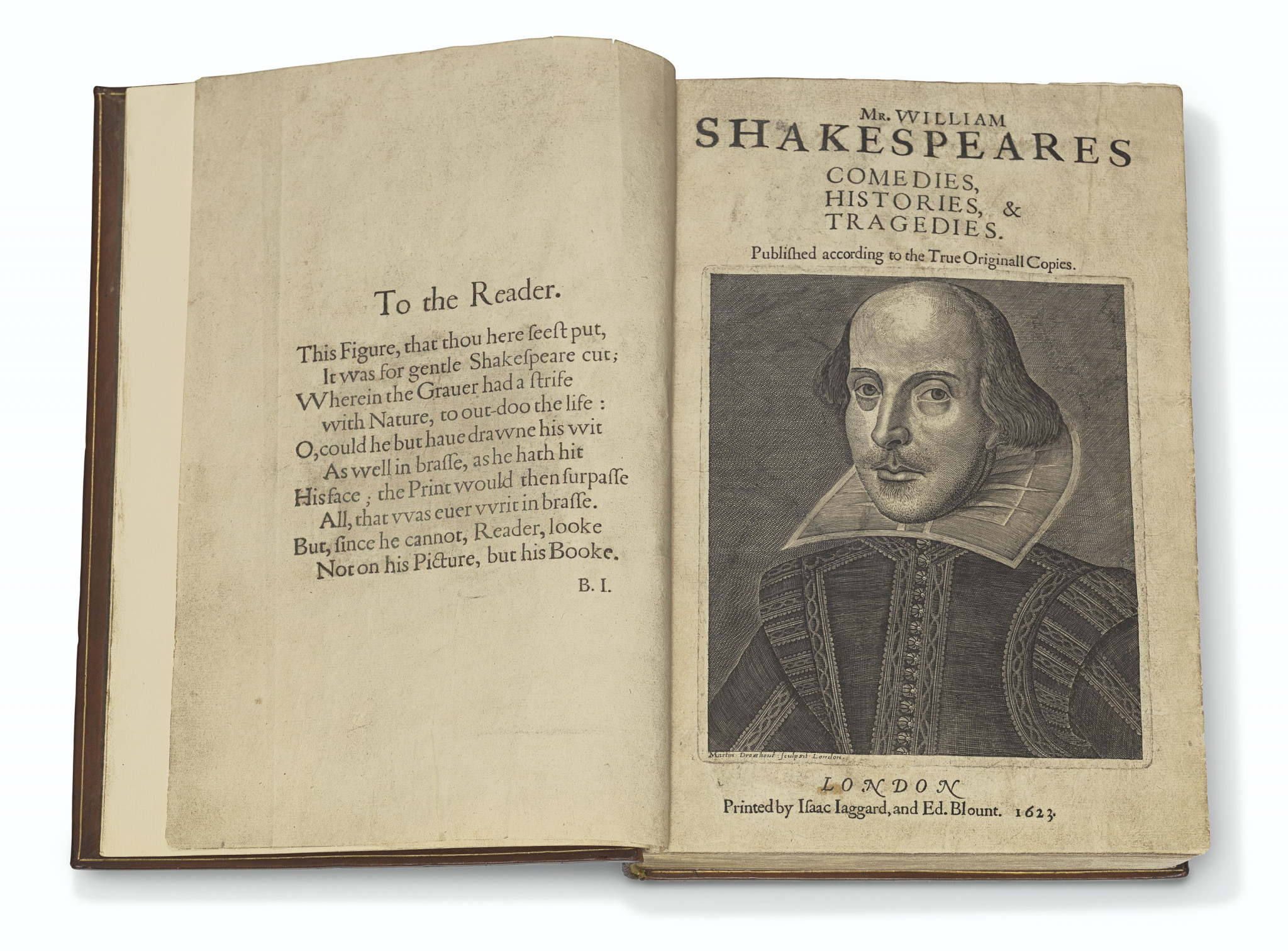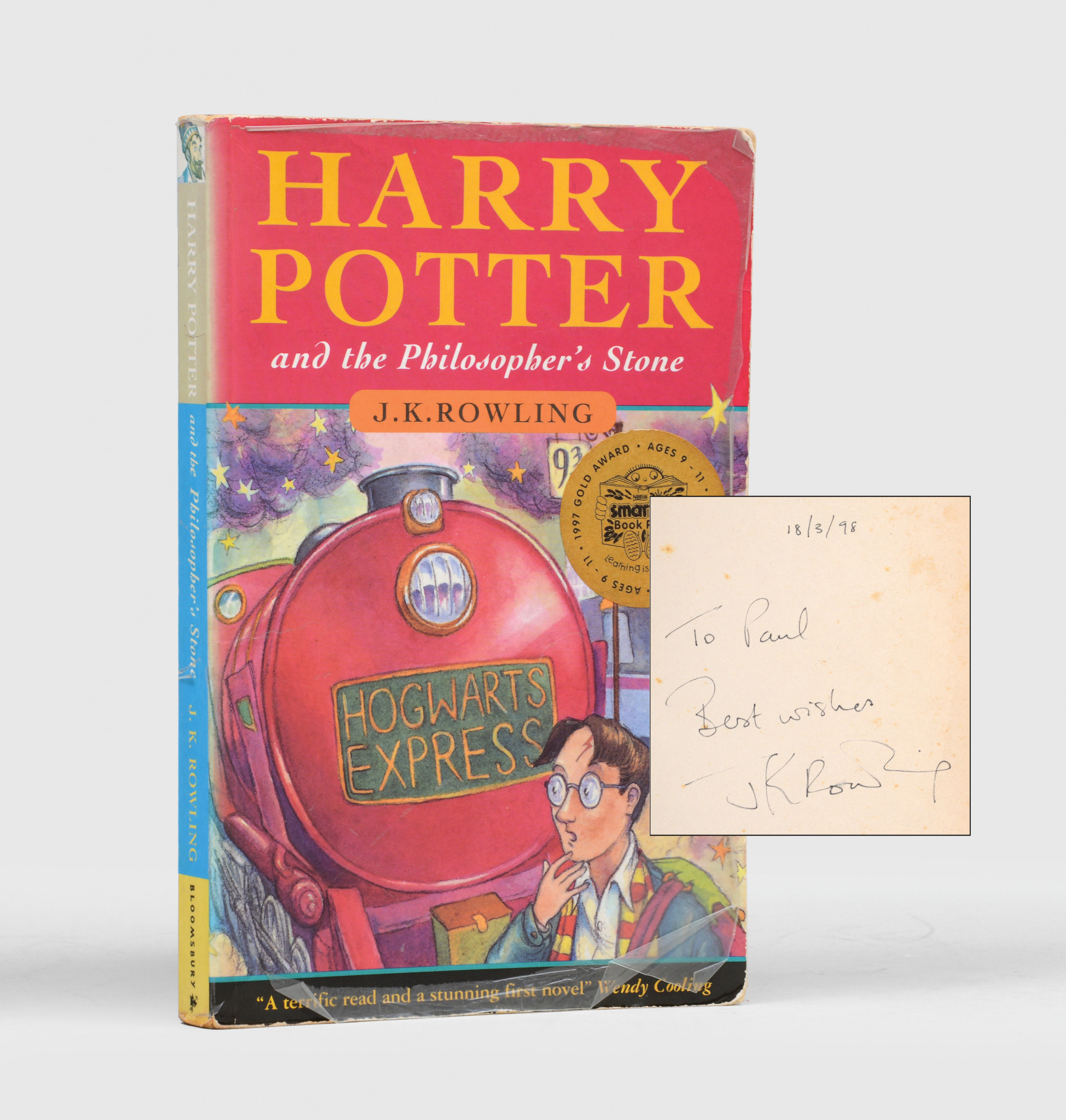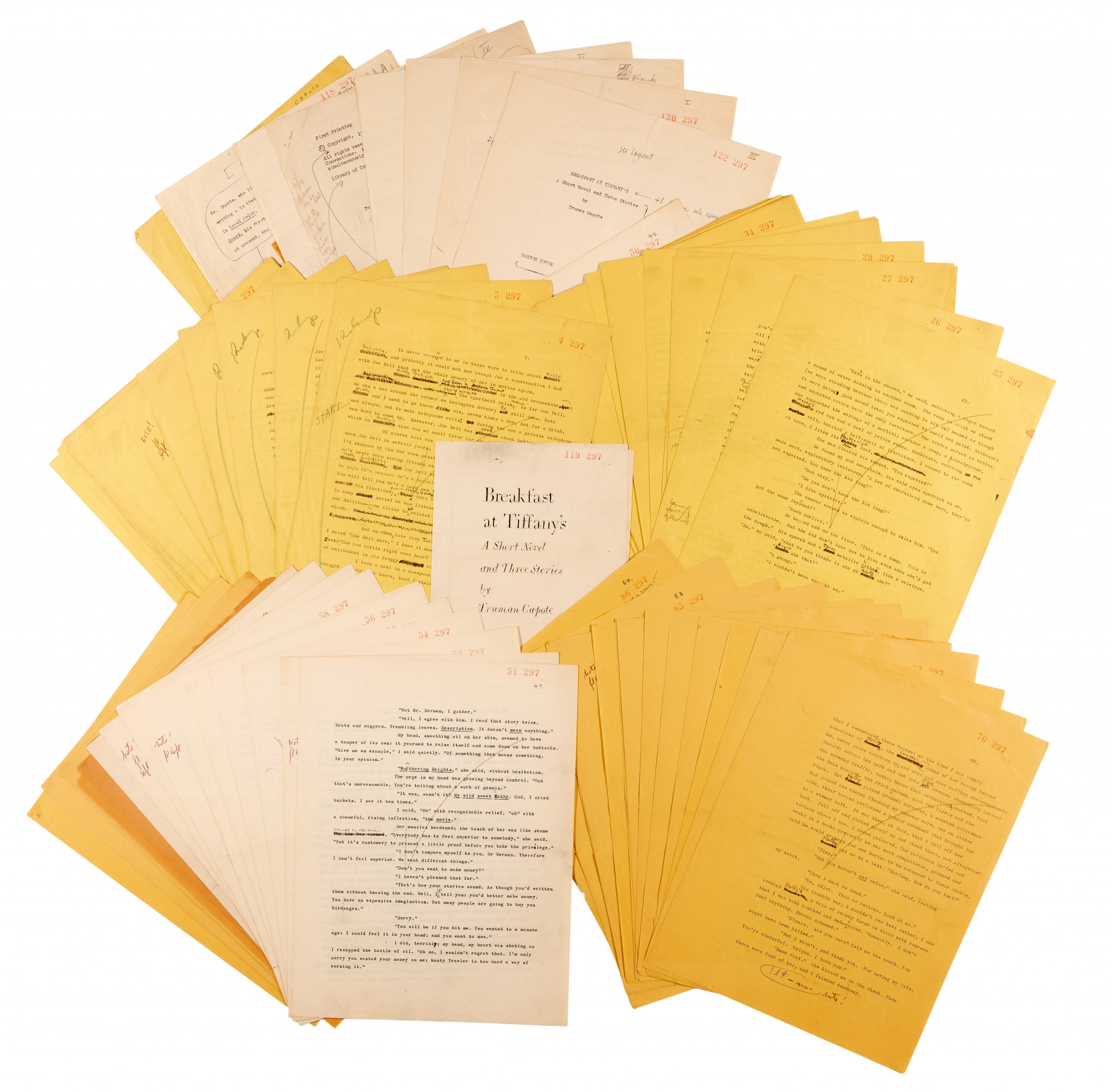
Investors have had a rough ride over the past year due to uncertainty caused by the Coronavirus pandemic, but there’s one market that has been quietly bucking the trend – that of rare books and manuscripts.
Words by Antonia Windsor
While many investors have seen their portfolios shrink in the past 12 months as global uncertainty rocked the stock exchange, there is one market that has been quietly booming.
The buying and selling of rare books and manuscripts seems to operate in its own socially distanced bubble, paying little attention to the fluctuations of shares or property.
“Throughout 2020, our collectors have been as willing and determined as ever to acquire special books,” says Mark Wiltshire, books and manuscripts specialist at the auction house Christie’s. “With travel restrictions, more buyers were having to engage from a distance, but it is not unusual for our buyers to think about remote purchases – books were, after all, among the earliest items to be sold online.”
Pom Harrington of the antiquarian bookseller Peter Harrington Rare Books in Dover Street agrees. “Those dealers with an internet presence have done very well over the pandemic. Plenty of collectors seem to have had time at home to search the internet to find books to continue building their collections. We’ve seen prices rising fast over the past nine months.”
Christie’s achieved a world record when it sold a First Folio Shakespeare (above) for nearly $10 million last October, exceeding its estimate of $4,000,000- $6,000,000. While Sotheby’s sold the final typescript for Breakfast at Tiffany’s, covered in hundreds of Truman Capote’s handwritten edits, for £377,000 last August; more than double the pre-sale estimate of £120,000-£180,000.
“A Sotheby’s sold the final typescript for Breakfast at Tiffany’s, covered in hundreds of Truman Capote’s handwritten edits, for £377,000 last August.”
Matthew Haley, Bonhams’ head of books and manuscripts, reports that its auction in December saw “90 per cent of the lots sold”. “We achieved a total result that was 212 per cent of the pre-auction low estimate – in other words, on average, items sold for over double their low estimate. What was even more notable, was that we had 524 registered bidders (competing for 252 lots) – a record for one of our book auctions.”
Even without a pandemic, the market in collectible books is generally sheltered from the storms that buffet other markets. “Over the decades, rare books and manuscripts have performed very well,” says Harrington. “The values have fairly consistently risen over the years. The sharper increases have been for special copies – exceptional fine condition of an important book, inscribed by the author or something else unique. For example, a fine copy of Charles Darwin’s Origin of Species first edition has gone from £20,000 in the mid-1990sto more than £250,000 today.”
Haley says that one of Bonhams’ most memorable sales was a “very special copy of Harry Potter and the Philosopher’s Stone”. “It was signed by author J. K. Rowling ‘to Bryony… the first person ever to see merit in Harry Potter’.
Bryony Evens was the office manager for the literary agent Christopher Little (who sadly died very recently) when in 1996, she picked up a three-chapter submission from the slush pile and started reading. Instantly hooked, Bryony asked Little to request that the author send the rest of the book. They soon received the full manuscript by the then unknown J.K. Rowling, and the rest is history. The book sold for £118,000 in March last year.”

If the promise of reliable returns on investment is enough to whet your appetite, then there are a few things to consider as you start out on building a collection of your own. “We always advise our clients to collect objects that they adore,” says Wiltshire. “We find the items that sell well are those that people have a passion for. The charm of collecting a subject you enjoy means you’ll have a real passion to find exciting editions and these objects will stand the test of time and, hopefully, bring you much joy.”
One of the things that marks this investment out from, say, buying and selling fine wines, is that you don’t need any special storage solutions and you get to enjoy the item while you have it in your possession. A rare book can generally be stored on a shelf in your library, so long as it is away from the damaging UV rays of sunlight, and you can look at and read your prize as often as you like. Also, you won’t pay VAT on books.
Wiltshire suggests you recruit the help of a professional who will know the market well and be able to advise you on the best purchases for your budget. “Come to book auctions, get a feel for the objects themselves, understand what is meant by fine condition, and build a relationship with an expert who will be delighted to alert you to potential acquisitions,” he says.
Elise Bousquet from the Antiquarian Booksellers Association agrees. “Much like the stock market, the value of books can go up and down over time and it is important to make informed decisions about what you are buying,” she says. “Buying books has in the past provided an excellent return for seasoned collectors, however, this is following many years of understanding supply and demand, as well as the key points of what makes a book rare or valuable.”
Starter-investors may be interested in Bonhams’ sale on March 31, which contains a typically eclectic selection. “Books ranging from a fine edition of the complete works of Chaucer produced by the Kelmscott Press at £35,000-40,000, to a handwritten letter about prison reform by Winston Churchill when he was home secretary in 1910 at £1,000-£1,500.”
Read more business stories here.







